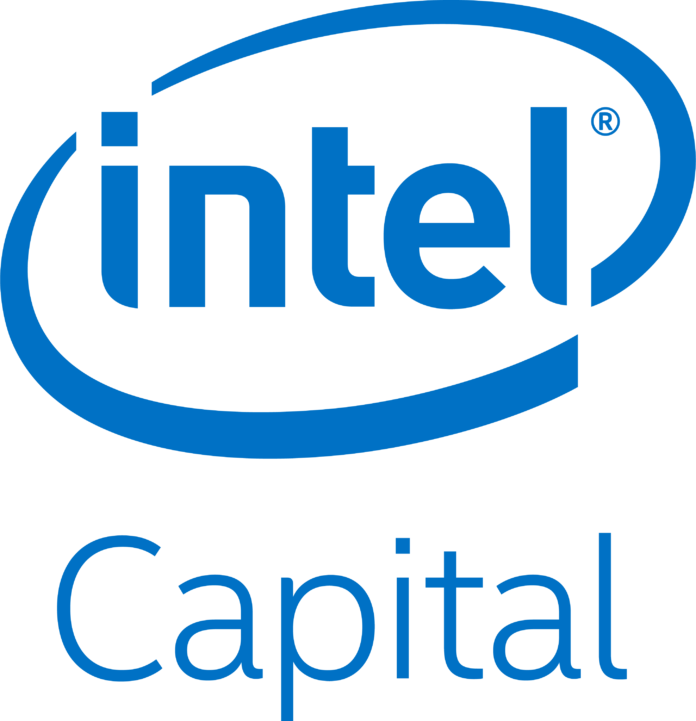With an ever-increasing buzz around AI, companies are eagerly looking to tap into AI capabilities for business growth. As a result, AI companies are attracting investments. Intel is pushing itself as a serious AI player by investing in a big way in AI companies. It recently put in over $1 billion in a number of AI startups. Not only that, Intel is aggressively buying companies with proven, core AI capabilities. Intel has spread its investments across AI capabilities in different industries, including driverless vehicles, climate change, medical technology, and others. Intel has invested in these companies through its investment arm, Intel Capital.
Acquiring Companies
Among the AI companies Intel has bought, the biggest one is Mobileye, headquartered in Jerusalem, Israel. Intel Capital has forked out a massive $15 billion for the deal. Intel plans to utilize Mobileye technology in its highly ambitious autonomous driving venture. Further, its acqusition of Mobileye enables Intel to directly tap into an established relationship with different automakers. Overall, Intel has set its sight on scale up in all areas for making a robust and comprehensive ecosystem for building autonomous vehicles.
Intel Capital paid nearly $400 million to buy the deep-learning startup, Nervana Systems, based in San Diego and Palo Alto, California.
Investing in Startups
Some of the startups that Intel has invested in include AEye, ConginitiveScale, Data Robot, Embodied, and Mighty AI among many others. Of these, Intel has invested $14 million in Mighty AI, which is into building AI training platforms. Another startup, Embodied, is into robotics, machine perception, cognition, and learning. AEye is a niche player in robotic vision. Intel’s another major investment is in CognitiveScale. The company caters to diverse industries by providing them machine-intelligence software tailored to their needs. And these are only some of Intel’s investments.
It’s clear Intel is going all out to become a major AI player. And it’s adopting both organic and inorganic ways to pursue its AI growth.


















